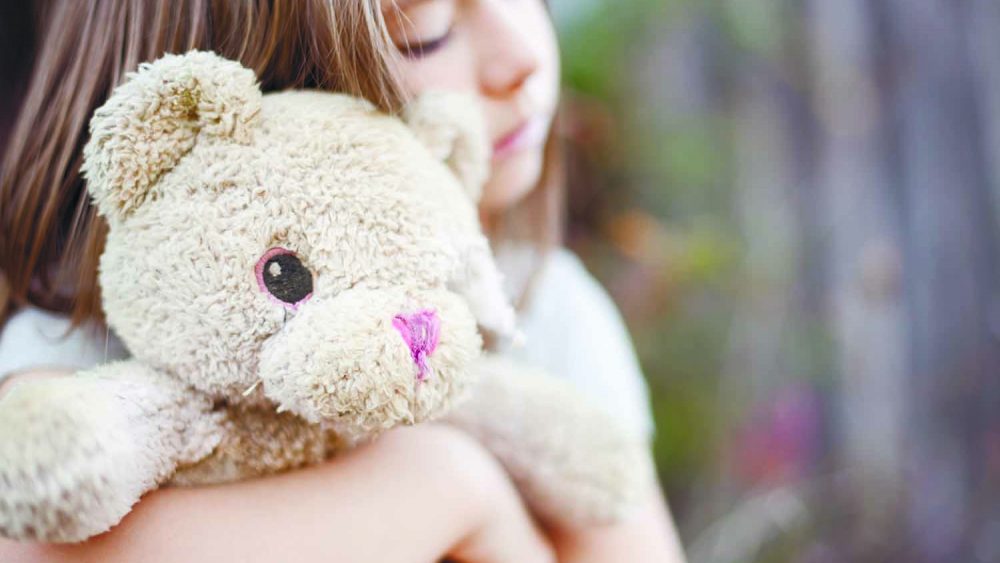Get rid of child abuse ministers and don't let them come back
Royal Commission urges churches to take a tough line
The Royal Commission into Institutional Responses to Child Sexual Abuse has recommended the permanent removal of any religious minister against whom a complaint of child sexual abuse has been substantiated “on the balance of probabilities”.
The final report of the five-year inquiry, which ran to 17 volumes and 189 recommendations, called for a systematic overhaul of the culture, structure and governance practices that allowed paedophiles to flourish. Section 16 was specifically addressed to religious institutions.
“If a complaint against a person in religious ministry of child sexual abuse is plausible – they should be stood down from ministry while the complaint is investigated,” the report said.
“When such a complaint is received, an initial risk assessment should be conducted to identify and minimise any risk to children.”
Ministers convicted of an “offence relating to child sexual abuse” should “have their religious status removed”.
In addition, the commission urged that all people in religious ministries be trained to know:
- what kinds of allegations or complaints relating to child sexual abuse should be reported and to whom
- how to identify inappropriate behaviour which may be a precursor to abuse, including grooming
- how to recognise physical and behavioural indicators of child sexual abuse
- that all complaints relating to child sexual abuse must be taken seriously, regardless of the perceived severity of the behaviour.
It called on religious institutions to implement the royal commission’s ten Child Safe Standards and provide additional training on them for candidates for religious ministries.
The Child Safe Standards are:
- Child safety is embedded in institutional leadership, governance and culture
- Children participate in decisions affecting them and are taken seriously
- Families and communities are informed and involved
- Equity is upheld and diverse needs are taken into account
- People working with children are suitable and supported
- Processes to respond to complaints of child sexual abuse are child focused
- Staff are equipped with the knowledge, skills and awareness to keep children safe through continual education and training
- Physical and online environments minimise the opportunity for abuse to occur
- Implementation of the Child Safe Standards is continuously reviewed and improved
- Policies and procedures document how the institution is child safe.
The report said any religious confessions involving children should take place within sight of another adult and religious institutions should consider setting up national registers of information to identify people who put children at risk of harm.
Specific recommendations for the Catholic church, whose institutions were responsible for the greatest number of alleged perpetrators and abused children, included removing secrecy provisions of canon law and implementing a national protocol to screen candidates for seminary.
“The Australian Catholic Bishops Conference should request the Holy See to consider introducing voluntary celibacy for diocesan clergy,” it said.
The Anglican Church was urged to develop a national approach selection of candidates for ordination and set a uniform standard to discipline bishops.
“In many religious institutions, the power afforded to people in religious ministry and the misplaced trust of parents combined with aspects of the institutional culture, practices and attitudes to create risks for children,” the commission said in its executive summary.
“Alleged perpetrators often continued to have access to children even when religious leaders knew they posed a danger.
“We heard that alleged perpetrators were often transferred to other locations but they were rarely reported to police. The failure to understand that the sexual abuse of a child was a crime with profound impacts for the victim, and not a mere moral failure capable of correction by contrition and penance (a view expressed in the past by a number of religious leaders) is almost incomprehensible.
“It can only be explained by acknowledging that the culture of some religious institutions prioritised alleged perpetrators and institutional reputations over the safety of children.”
The final report called on major institutions that work with children to report on their implementation of the royal commission’s recommendations each year for the next five years.
It said the Australian government should conduct a review after ten years to see if the recommendations had been implemented.
Archbishop Denis Hart of the Australian Catholic Bishops’ Conference today said many of the recommendations would have “significant impact” on the way the Catholic Church operated.
“This is a shameful past, in which a prevailing culture of secrecy and self-protection led to unnecessary suffering for many victims and their families,” he said in a statement.
“Once again I reiterate my unconditional apology for this suffering and a commitment to ensuring justice for those affected.”
The CEO of the Catholic Church’s Truth Justice and Healing Council, Francis Sullivan, called on the Prime Minister, state premiers and chief ministers to immediately set up a COAG committee to implement the recommendations in the Royal Commission’s final report.
“The Prime Minister has to show that this report is going to be taken 100 per cent seriously, that it’s not going to be put in a drawer,” Sullivan said in a statement.
“Governments should consider announcing the establishment of a joint COAG working party very soon after the release of the report, then institutions and others need to set up their own implementation processes to engage with the government process.
“We cannot afford for this to get lost over the summer, to get shouted down by the current political point scoring that’s going on.
Email This Story
Why not send this to a friend?


